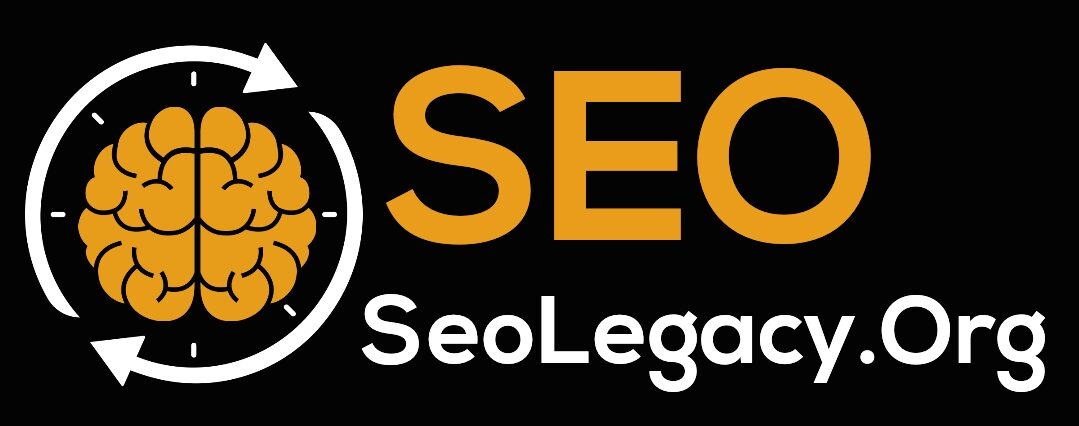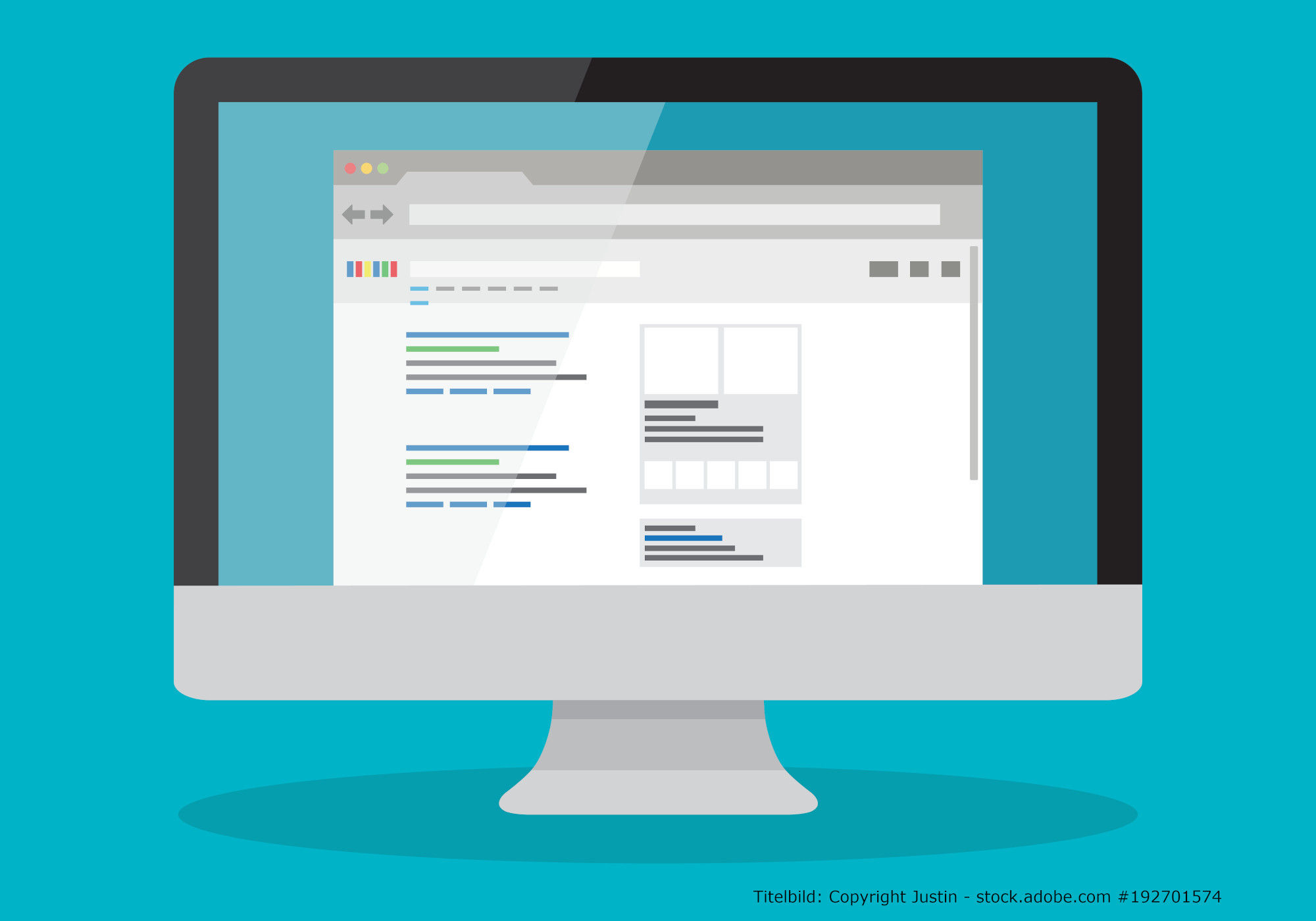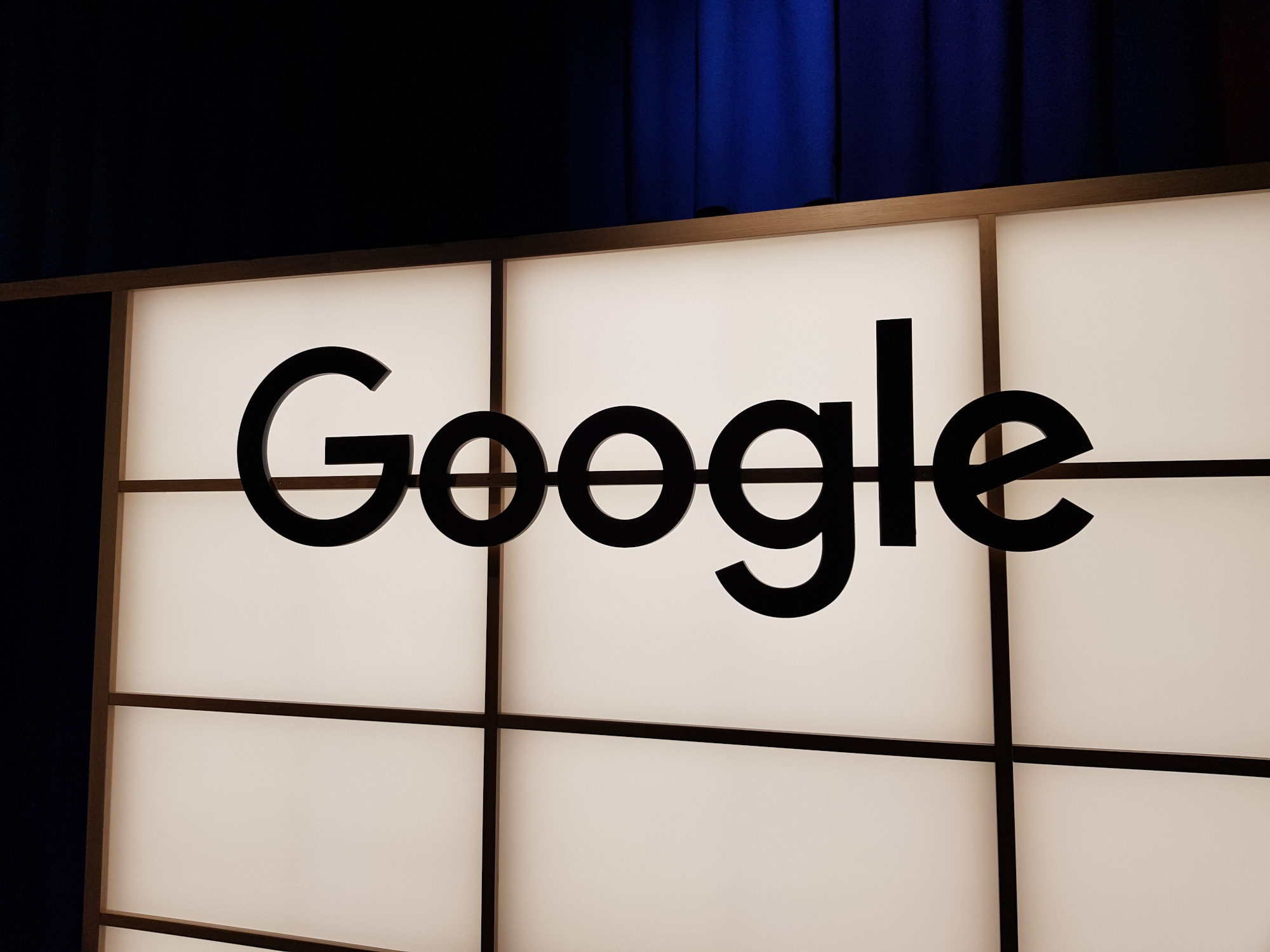According To GLAAD, Twitter Ranks Lowest Among Major Social Media Platforms When It Comes To LGBTQ safety.
According to a statement released on Thursday by the advocacy group GLAAD, all of the major social media platforms fail to protect users of LGBTQ+ identities from harassment and hate speech, particularly those who identify as transgender, non-binary, or gender non-conforming.
The advocacy group GLAAD stated on Thursday that all of the major social media platforms fail to adequately protect users who identify as LGBTQ+ from harassment and hate speech, particularly those who identify as transgender, non-binary, or gender non-conforming. Twitter, however, is the worst.
GLAAD gave Facebook, Instagram, TikTok, YouTube, and Twitter low or failing scores in its annual Social Media Safety Index, stating that the platforms do not do enough to protect their users. However, most have improved since last year.
The only exception was Twitter, which Elon Musk, CEO of Tesla, bought in October. According to the GLAAD scorecard, it is “the most dangerous platform for LGBTQ people” and the only one whose scores decreased from the previous year.
In contrast to what it has done in response to media requests since March, Twitter did not respond to an email requesting a comment other than by sending an automated response that included an emoji of a poop.
Advocates for LGBTQ+ people have been warning for a long time that violence offline can result from online hate and harassment. However, even if it does not, abuse online can have a negative impact on a person’s mental health.
Sarah Kate Ellis, CEO and President of GLAAD, said, “There isn’t a week that goes by that we don’t have a doxxing situation for someone in our community that we have to come in and help them stop it and stop the hate, stop the vitriol, and stop the attacks.” She was referring to the malicious practice of gathering private or identifying information and releasing it online without the person’s permission, usually in an effort to harass, threaten, shame, or exact revenge. It has been really amplified to a level that we haven’t seen before.”
Multiple advocacy groups say that since Elon Musk took over the company in the fall, there have been a lot more attacks on LGBTQ+ users on Twitter.
There simply aren’t enough content moderators to deal with the flood of problematic tweets that range from hate speech to graphic material and harassment. Musk’s drastic staffing cuts since taking over are a big part of the reason. Musk has also said that he is a “free-speech absolutist,” which means that he thinks Twitter’s old policies were too restrictive.
For instance, in April, a policy prohibiting the “targeted misgendering or deadnaming of transgender individuals” was quietly removed from Twitter, raising concerns that the platform is becoming less safe for underrepresented groups. In addition, Musk has spread false information to his 143 million followers and has frequently interacted with figures from the far right.
Twitter changed how it responds to tweets that break its rules as part of the same retooling of its site policies. The company has stated that it will occasionally restrict a tweet rather than completely remove it from the platform. In the past, offending tweets were removed from the platform.
Twitter is currently largely a sludge. Posting without being attacked is impossible. Conversation is out of the question. Hand-to-hand combat is all that matters,” Ellis stated. That is exactly what it is. It resembles patio dogfights.”
Ellis regretted that before the takeover, Twitter was a “pioneer” among significant web-based entertainment stages with regards to safeguarding LGBTQ+ clients.
The scores for both Facebook and Instagram, which are owned by Meta, increased by 15 percentage points to 61% and 63%, respectively. The GLAAD index measures 12 LGBTQ-specific indicators, such as explicit protections against hate and harassment for LGBTQ users, the provision of gender pronoun options on profiles, and the prohibition of advertising that could be harmful to LGBTQ people or discriminatory.
GLAAD claims that despite Meta’s improved policies, the company does not always enforce them. For instance, the group claims that Meta will automatically respond to many of the abusive posts it reports, stating that it cannot review the post because of the high volume of reports it receives.
In a prepared statement, Meta stated that it collaborates with “civil society organizations around the world in our work to design policies and create tools that foster a safe online environment,” including LGBTQ+ safety and advocacy groups.
“Proud to have strong policies aimed at protecting LGBTQ+ individuals from harassment and hate speech, including misgendering and deadnaming, and we’re always looking to strengthen our approach, informed both by our community and the advice of experts, such as GLAAD,” said TikTok, whose score increased from 14 points to 57%.
YouTube, on the other hand, got 54%, up nine points from 2022.
Content that encourages violence or hatred against members of the LGBTQ+ community is against our policies. Jack Malon, a spokesperson, stated, “We’ve made significant progress over the last few years in our ability to quickly remove this content from our platform and prominently surface authoritative sources in search results and recommendations.”
Musk has repeatedly stated in tweets and public statements that he supports free speech and wants to transform Twitter into a “digital town square” where people with opposing viewpoints can freely debate. He describes himself as a “free speech absolutist.” Linda Yaccarino, the company’s newly appointed CEO, also stated in a recent tweet that “you should have the freedom to speak your mind.” We ought to all.
However, GLAAD and other organizations that support underrepresented groups point out that one group’s unrestricted freedom may restrict others’ freedom of speech.
Jenni Olson, GLAAD’s director of social media safety, stated, “Freedom of speech does not mean I get to, you know, bully and harass people relentlessly.” Companies have hate speech policies for this reason: “If someone is bullying and harassing me, it actually means that I don’t have freedom of speech because I don’t want to say anything.”



